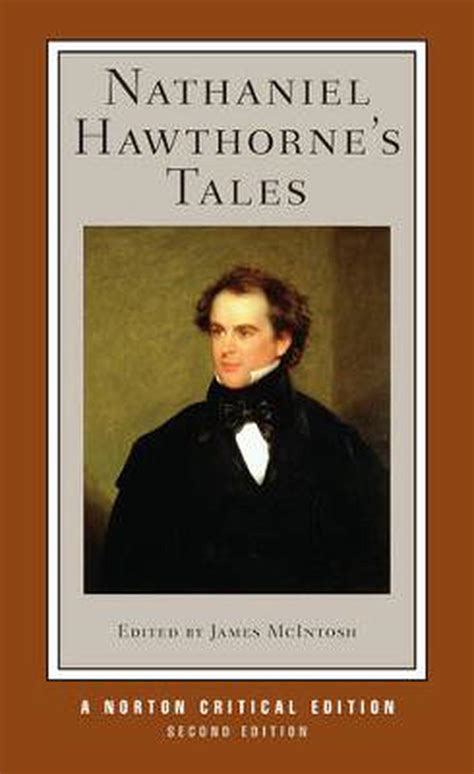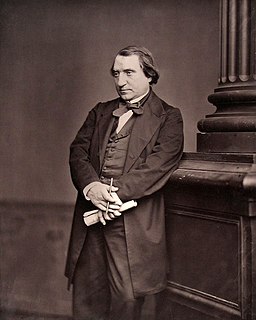A Quote by Thomas Huxley
Related Quotes
Those who would assail the Book of Mormon should bear in mind that its veracity is no more dubious than the veracity of the Bible, say, or the Qur'an, or the sacred texts of most other religions. The latter texts simply enjoy the considerable advantage of having made their public debut in the shadowy recesses of the ancient past, and are thus much harder to refute.
See, then, how powerful religion is; it commands the heart, it commands the vitals. Morality,--that comes with a pruning-knife, and cuts off all sproutings, all wild luxuriances; but religion lays the axe to the root of the tree. Morality looks that the skin of the apple be fair; but religion searcheth to the very core.
Some people automatically associate morality and altruism with a religious vision of the world. But I believe it is a mistake to think that morality is an attribute only of religion. We can imagine two types of spirituality: one tied to religion, while the other arises spontaneously in the human heart as an expression of love for our neighbors and a desire to do them good.
We're always projecting our moral categories on things. I think that's inevitable. But capitalism places no particular value on morality. Morality in the market is enforced by contract and regulation and law, because morality is understood to be in conflict with the motive force of greed and accumulation.
Talking about morality can be offensive. Morality is a politically incorrect subject. Many people are genuinely offended if someone speaks of morality and family values. It is okay if you talk about your sexual fantasies and deviances. This is called "liberation". But you would be frowned at if you talk about morality in public. Then you'd be accused of trying to impose your values on others.
Morality has been conceived up to the present in a very narrow spirit, as obedience to a law, as inner struggle between opposite laws. As for me, I declare that when I do good I obey no one, I fight no battle and win no victory. The cultivated person has only to follow the delicious incline of his or her inner impulses. Be beautiful and then do at each moment whatever your heart may inspire you to do. This is the whole of morality.
where Nietzsche's response to the equation of socialism and morality was to question the value of morality, at least as it had been customarily understood, economists like Mises and Hayek pursued a different path, one Nietzsche would never have dared to take: they made the market the very expression of morality.





































